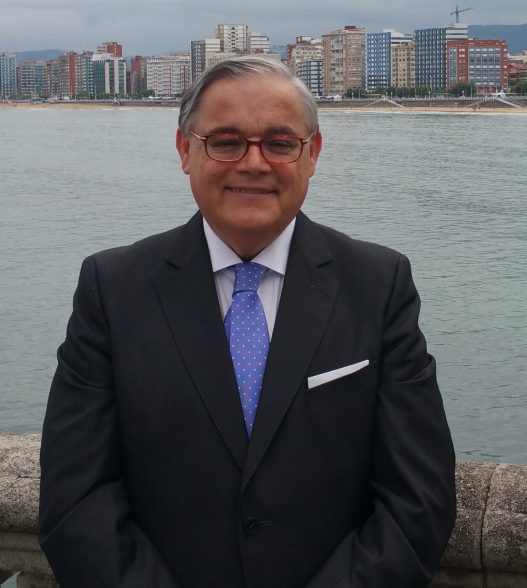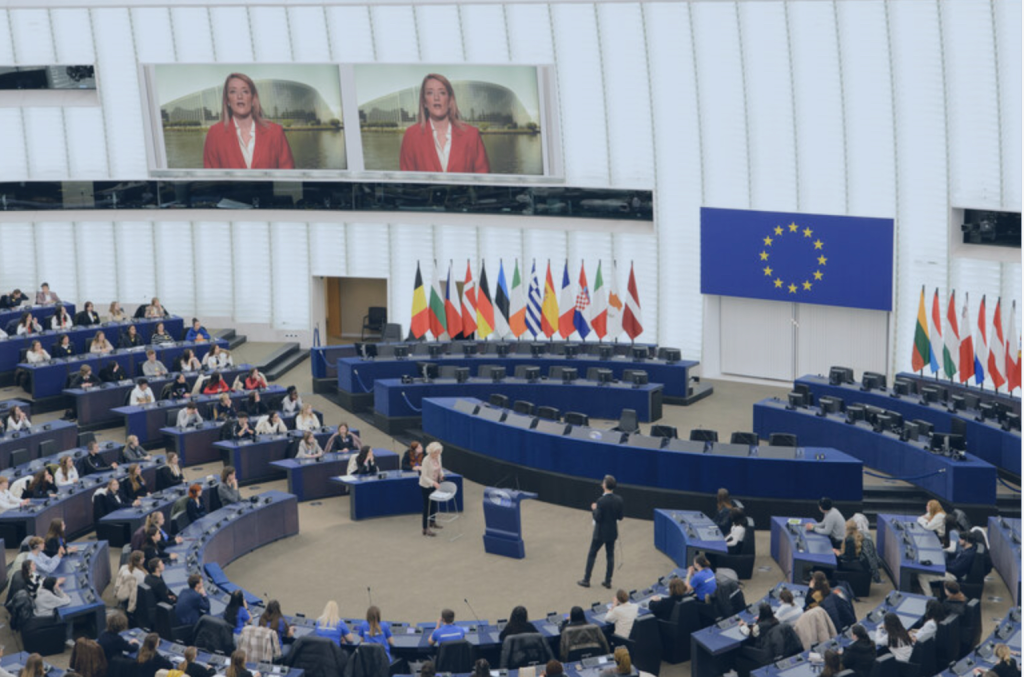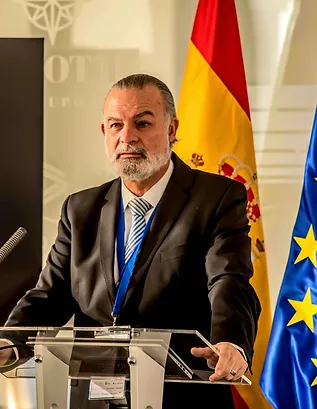ALBERTO BARCIELA
TOURISM, A REFLECTION OF SUCCESS

Prensa Ibérica, November 17, 2023
Tourism is essential to the economy, a cross-cutting strategic axis that affects almost all sectors and that acts as an essential driving force in the modernization of each and every geographical area, whether urban, rural, island, sea or mountain.
Ensuring the sustainability of tourism in Spain requires a coordinated drive that favors innovation and the professionalization of an industry that in the last ten years has consolidated itself as one of the country’s main sources of income. In 2019 it accounted for 12.4% of GDP and generated more than 13.5% of employment. Tourism is a leader in the economic and labor sphere. In that fiscal year -the last year we can take as a reference- our territory was the second most visited in the world, only behind France. Then we occupied that same position in spending by tourists, with 89,856 million euros, and in number of foreign visitors received, 83 million. Since 2015, Spain has held the title of most competitive country in the world in tourism, according to the World Economic Forum. It is foreseeable that by the end of 2023, after overcoming almost all the consequences of the COVID pandemic, 100 billion in revenues could be reached.
The importance of the sector is undeniable. However, this merit is not sufficiently identified by society, and is only used by the different public administrations for purely tax collection purposes. It is necessary to consider a series of actions and measures aimed at correcting this clearly unfair perception.
This pre-FITUR -to be held in January in Madrid- is an opportune moment to establish a professional reflection on an immediate future in which a transformation towards a more sustainable, more digital and higher quality model must be undertaken. This is in line with the demands of the European Union -plained at its meeting of tourism ministers held in Palma de Mallorca last October 31- and of other international organizations, and imposed by business experience, technological evolution, experience and common sense. It is necessary to promote the necessary improvements and forge a solid and serious collaboration between the public and private sectors. We are in times of fat cows, but also of profound international instability. Success must be managed and plagues must be prevented.
In clear coincidence, the latest report by Deloitte and the CEOE, the three levers identified to promote positive change in the sector are: boosting tourism demand, transforming supply and developing catalysts to promote a unified vision of tourism in Spain and collaborative governance.
The Spanish Tourism Board, chaired by Juan Molas, in an open and proactive collaboration with European, state, autonomous, municipal and local public bodies, as well as with other associations, businessmen, professionals and universities, is working on specific proposals, based on criteria of permanent updating and adaptation. This will mean preventing, as far as possible, a reality subject to unpredictable and permanent crises, some derived from success itself, such as the management of airport saturations or the lack of qualified personnel, and others derived from a changing polycritical situation. I believe that this is the right path or, at least, the only serious way to be a little better every day. Spain has the most qualified professionals. It is a question of listening to them and acting with criteria.
Alberto Barciela, Spanish journalist, Member of the Spanish Tourism Board, vice-president of EditoRed.



